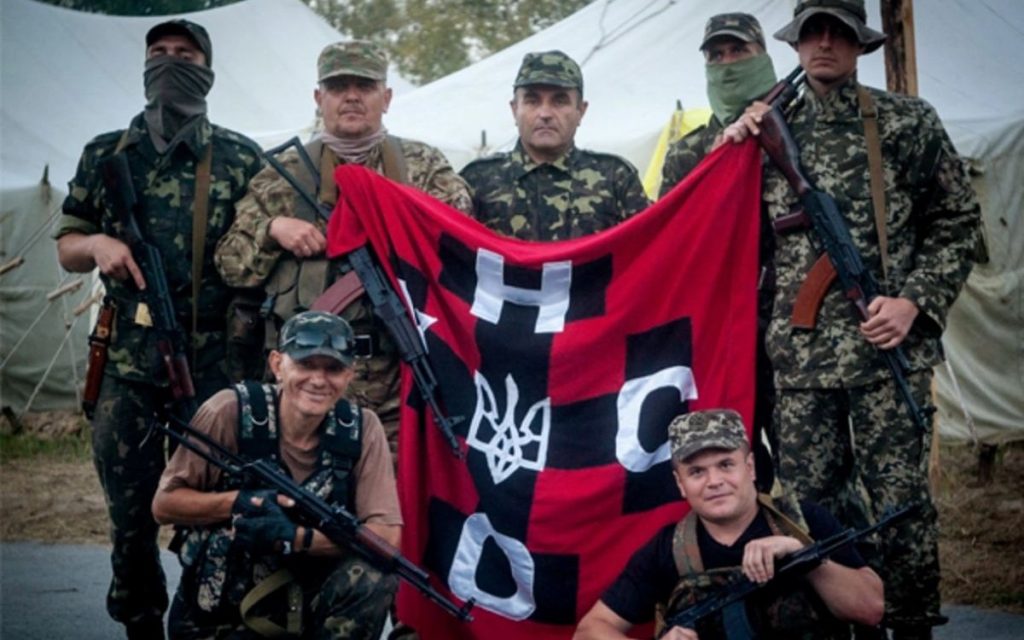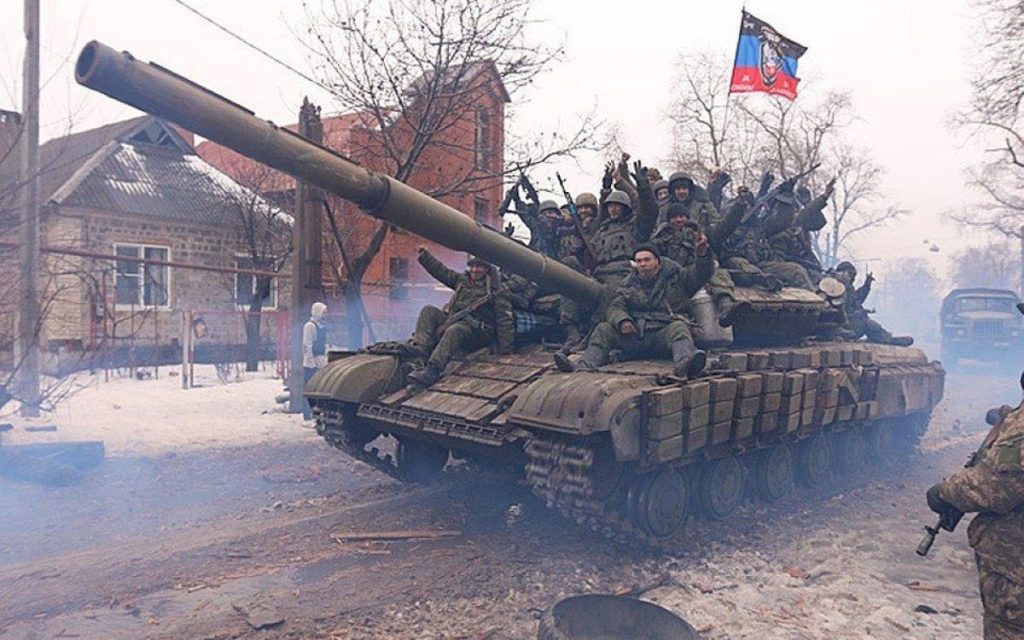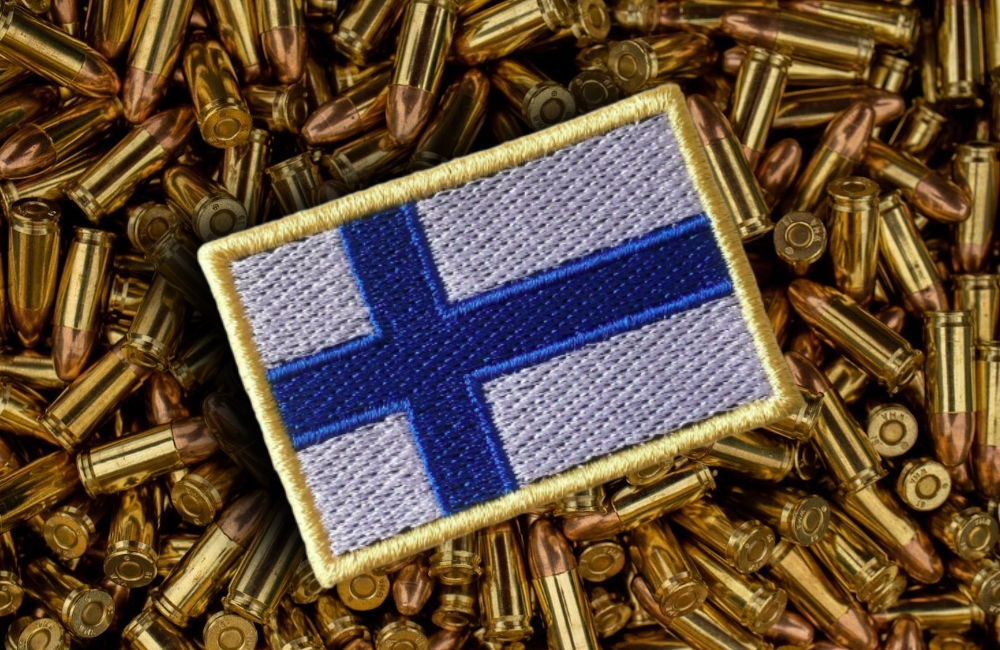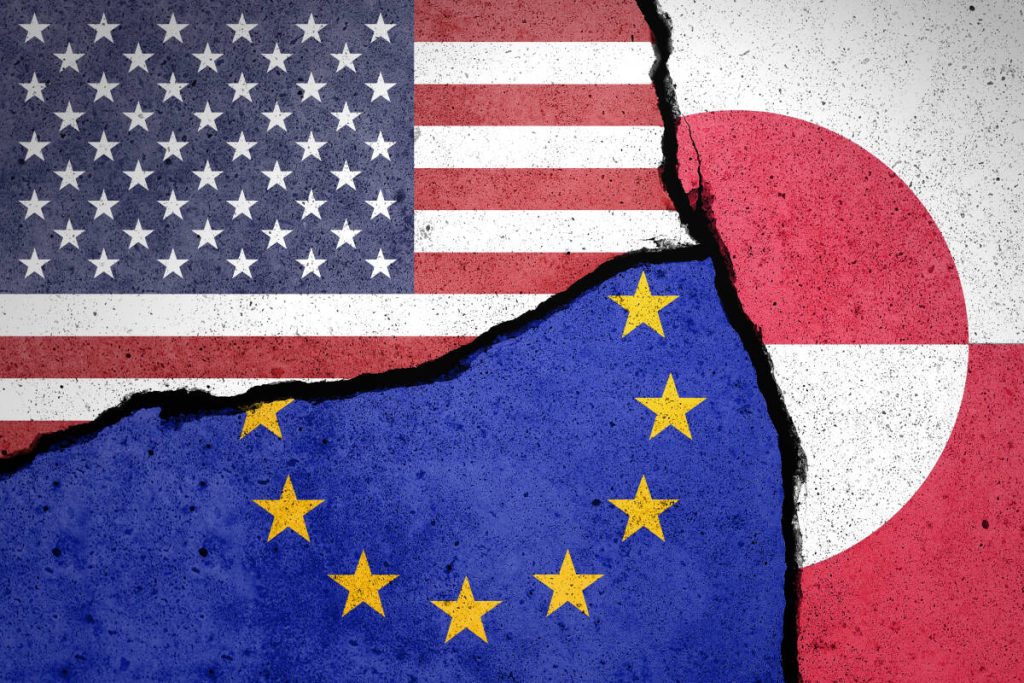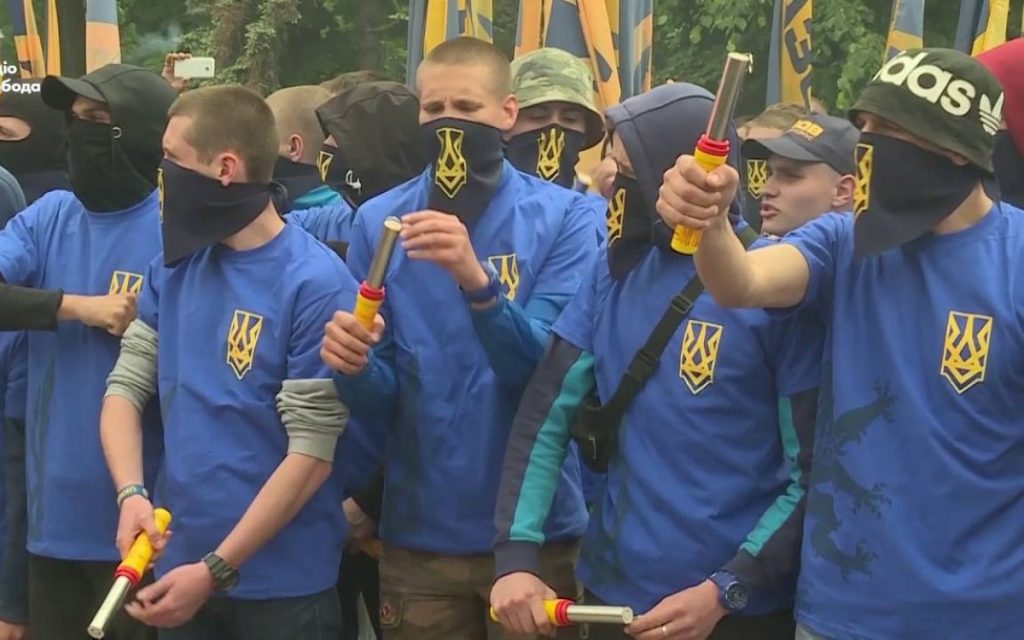On August 5, a court in Chisinau sentenced Gagauzia’s Bashkan (Governor) Evghenia Guțul and former head of the Shor Party office Svetlana Popan, convicting them of illegal political financing. Guțul received seven years in a semi-closed prison, while Popan was sentenced to six years. Both maintain their innocence, with Guțul declaring she has become “an example for the opposition” to deter others, in her words, “from challenging the current authorities.”
The Anti-Corruption Prosecutor’s Office alleges that between 2019 and 2022, Guțul systematically smuggled money from Russia into Moldova, coordinated party offices’ activities, and received funds from an “organized criminal group” totaling over 42.5 million lei (≈$2.4 million). Popan stands accused of obtaining 9.74 million lei (≈$550,000) to finance protests and pay “under-the-table” salaries.
Political Context
This case cannot be divorced from Moldova’s broader pattern of oppressing opposition forces. While ostensibly combating corruption and disinformation, authorities increasingly weaponize legislation to suppress dissent. The shuttering of TV channels, pre-election blocking of Telegram channels in 2023, and rejection of candidate registrations collectively establish a dangerous precedent.
In February 2014, Gagauzia held two referendums on geopolitical alignment. The first saw 98.9% support for a law granting Gagauzia self-determination rights should Moldova lose sovereignty. The second referendum concerning Moldova’s accession to either the EU or Eurasian Economic Union (EAEU) showed overwhelming preference for the EAEU (98.47%). Chisinau declared the votes illegal, and the Constitutional Court invalidated the results.
European Silence and Double Standards
The EU, despite its democratic rhetoric, hesitates to criticize Chisinau’s crackdowns. This silence mirrors Romania’s situation, where political prosecutions similarly drew limited Brussels’ reaction. The fundamental question emerges: does geopolitical support for Moldova outweigh Europe’s commitment to democratic principles?
The authorities’ heavy-handed approach risks backfiring by fueling protests in Gagauzia. The 2014 referendum already demonstrated Gagauzians’ readiness to defend their interests.
The Guțul trial transcends mere criminal proceedings—it’s a stress test for Moldovan democracy. When opposition figures face imprisonment and media outlets get silenced, what remains of European values? Currently, Moldova appears to follow a path where democracy becomes ceremonial, while real politics reflects solely the ruling elite’s interests.



